Date of analysis: 02/02/2024
DMARC Adoption in Chile: 2024 Report
Let’s delve into DMARC (Domain-based Message Authentication, Reporting, and Conformance), an email authentication protocol that boosts your email’s safety. Unlike basic authentication protocols like SPF and DKIM, DMARC goes the extra mile. It not only verifies senders but also provides valuable feedback.
With DMARC, you can monitor email delivery and instruct servers on how to handle your emails effectively. This added layer of security is crucial in recent times, where threats like phishing and spoofing are rampant.
With the pervasive use of email in both personal and professional realms, ensuring its security is pivotal for protecting confidential data. This includes financial details, personal conversations, and business strategies. Without robust email security measures, individuals and organizations are vulnerable to various cyber threats.
Beyond the direct impact on individuals and organizations, email security breaches can have far-reaching consequences. This can be in the form of reputational damage, financial losses, and legal liabilities. Furthermore, in sectors such as healthcare, finance, and government, compliance regulations mandate stringent measures to protect sensitive data transmitted via email.


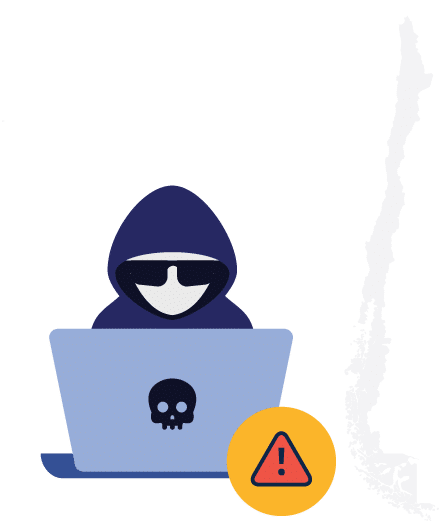
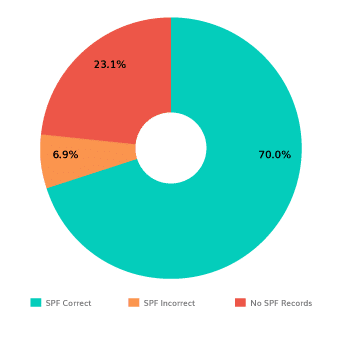
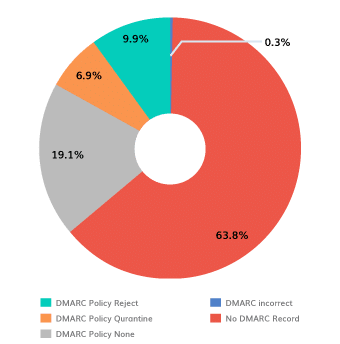
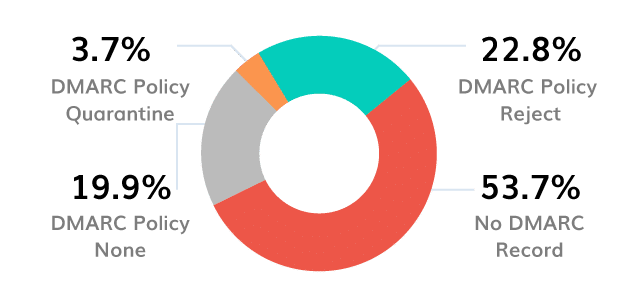
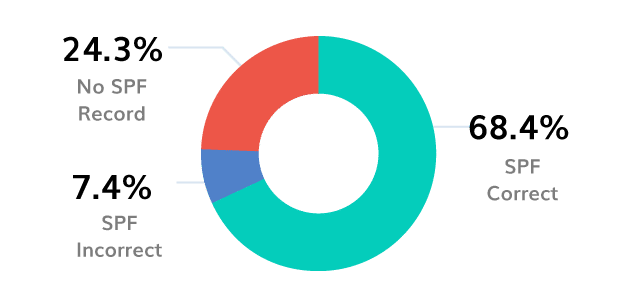
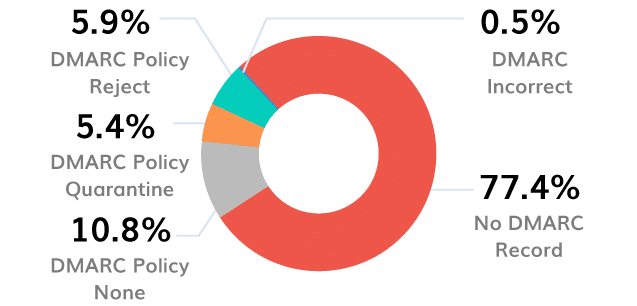
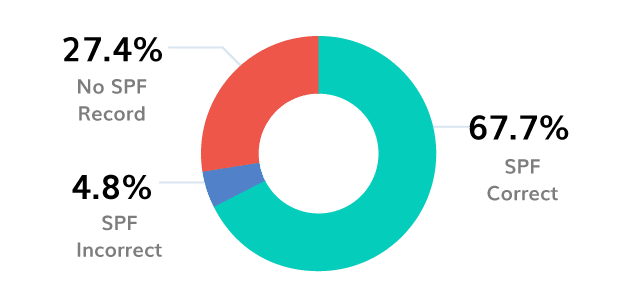
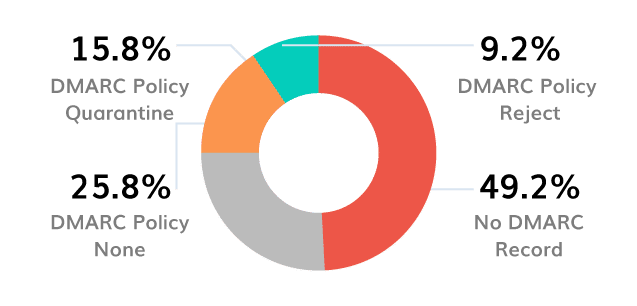
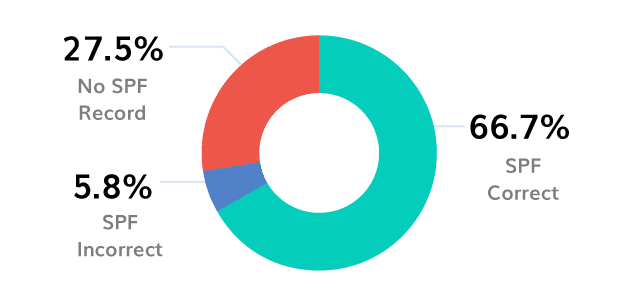
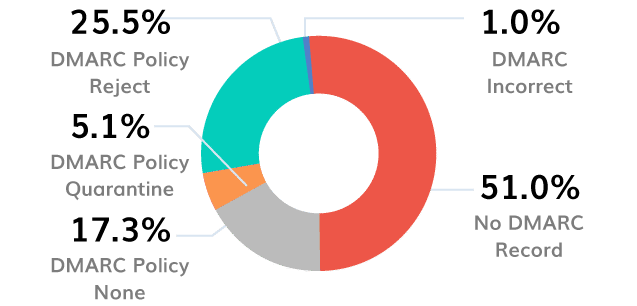
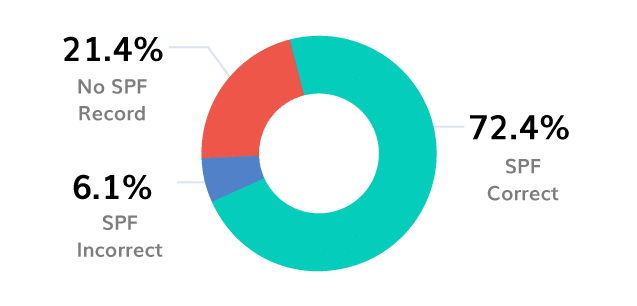
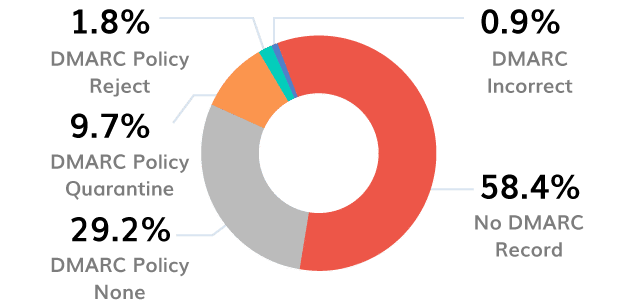
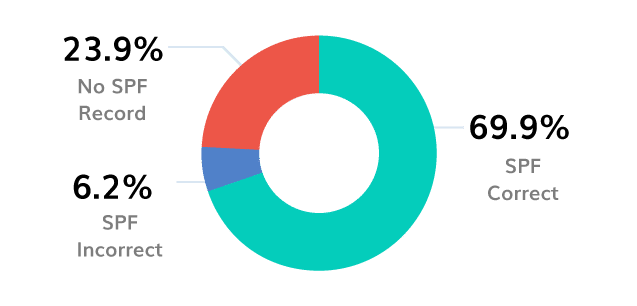
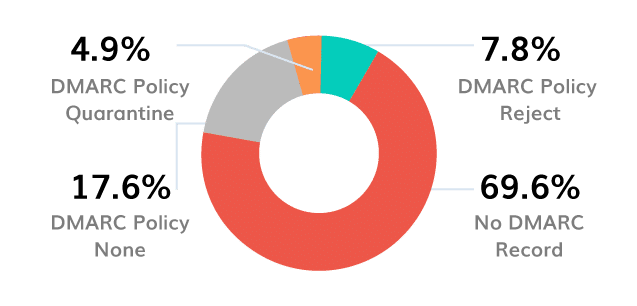
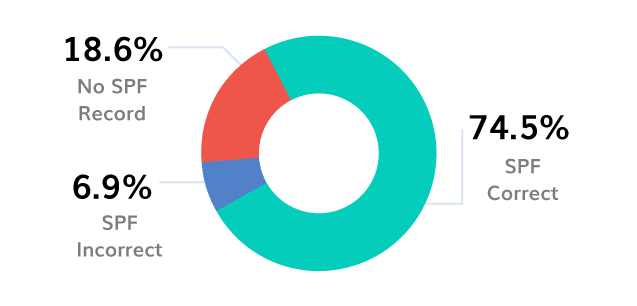
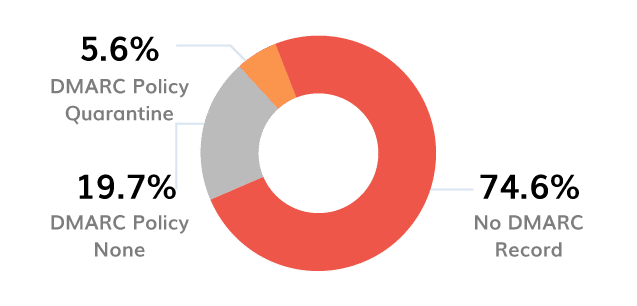
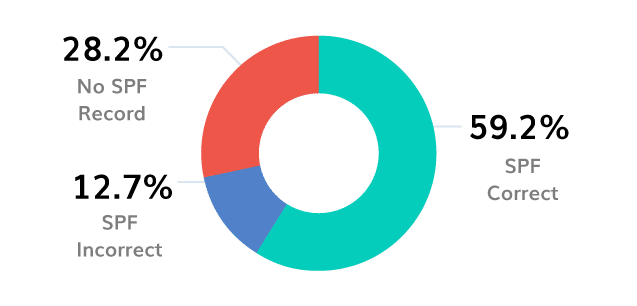
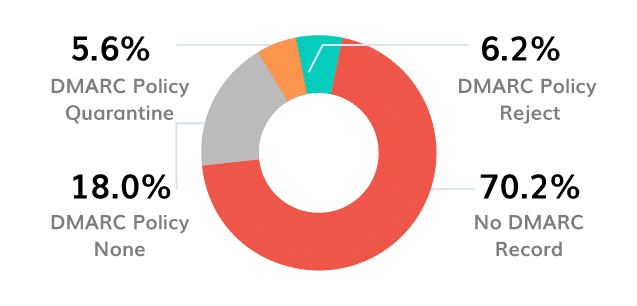
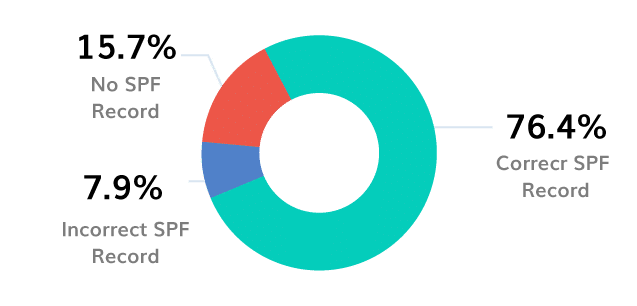
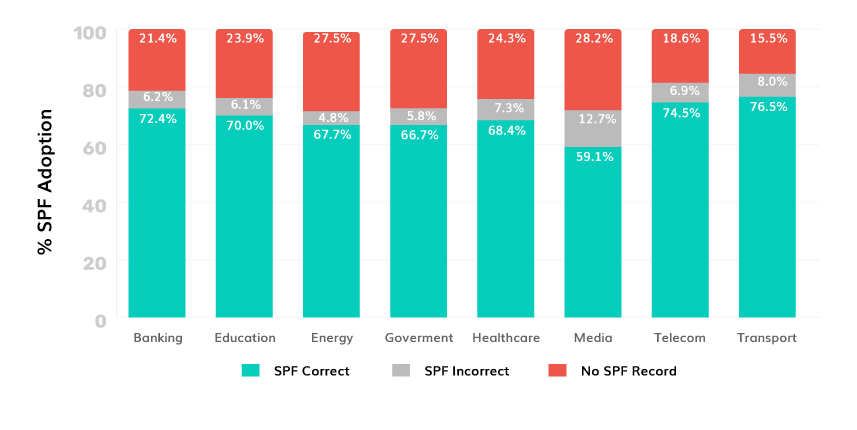
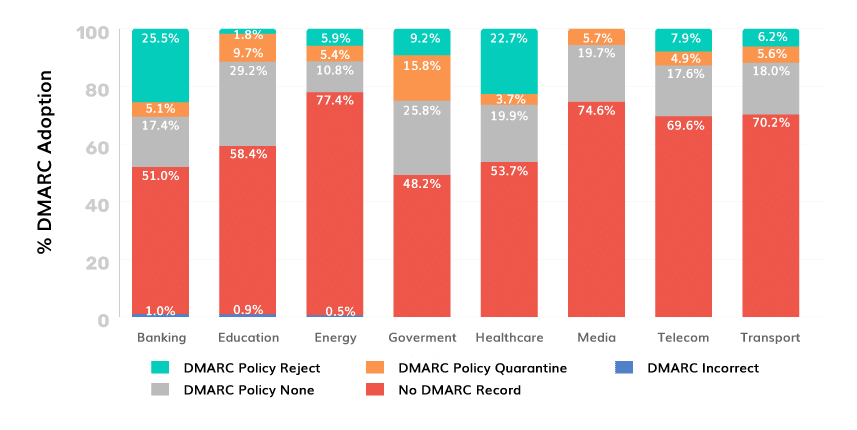
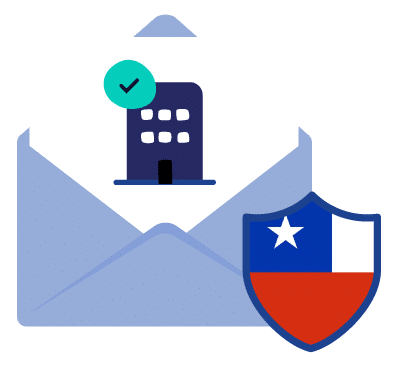
 Ready to prevent brand abuse, scams and gain full insight on your email channel?
Ready to prevent brand abuse, scams and gain full insight on your email channel?